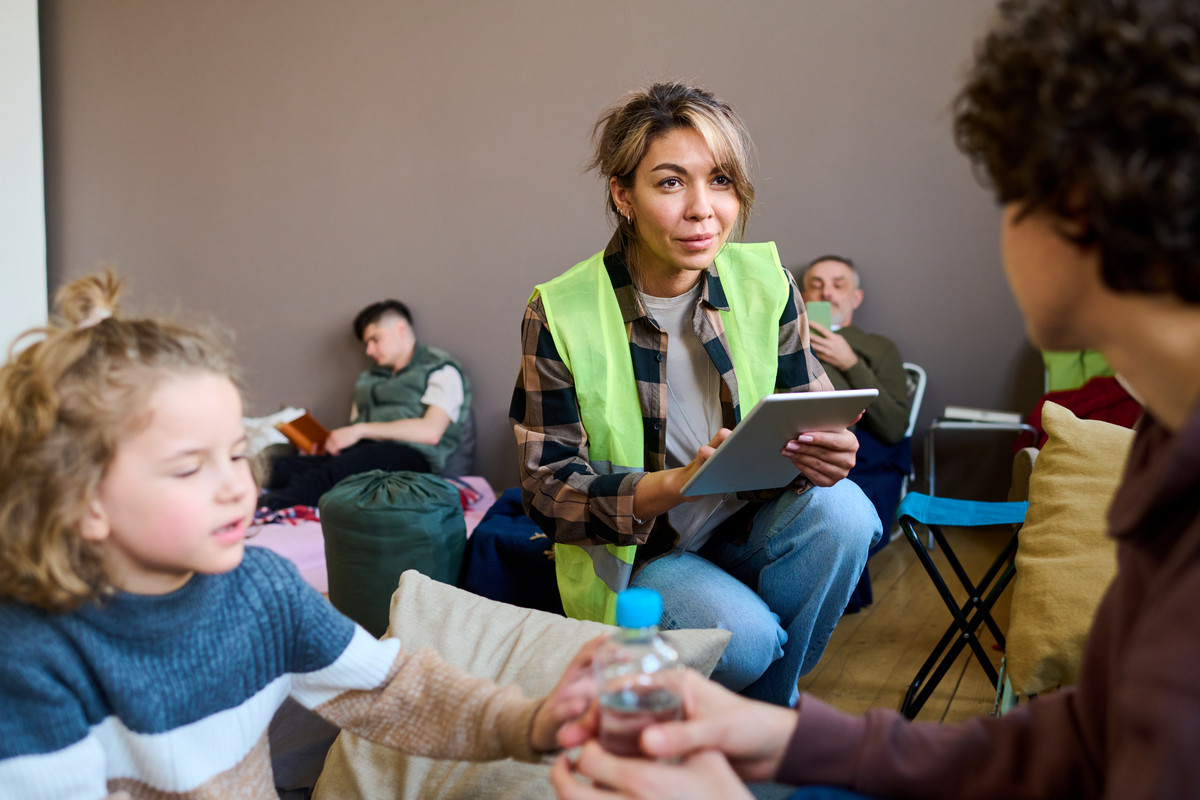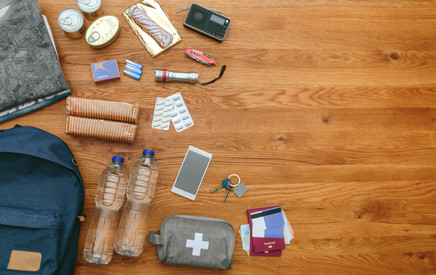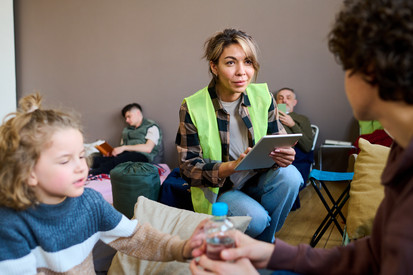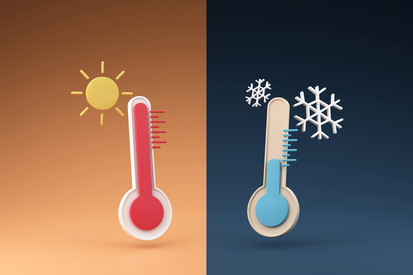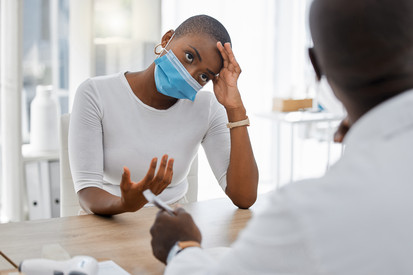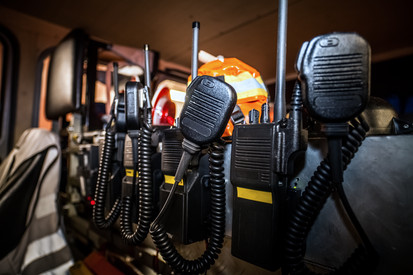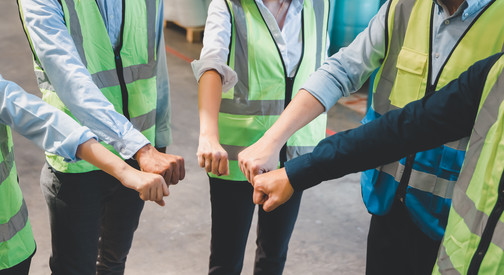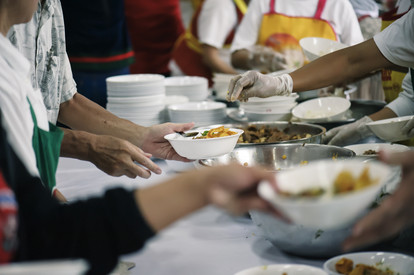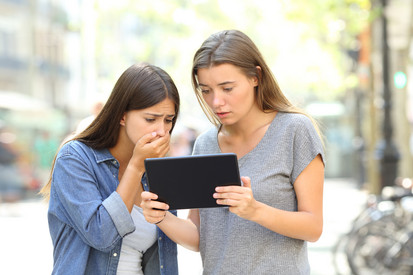
1. Stay at home when ill
In these cases, it's best to stay home:
- You are sick, exhibiting symptoms such as fever, cough, difficulty breathing, nausea, or diarrhea.
- You have had close contact with someone with a contagious illness.
- You have visited a high-risk area where the risk of epidemics or contagious diseases was particularly high.
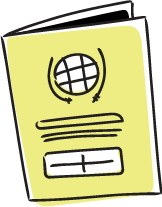
2. Check your vaccination status
When providing assistance, you come into contact with many other people and may find yourself in dirty environments. Therefore, protect yourself and others from infectious diseases.
Check your vaccination record: Have you received all the recommended vaccinations by the STIKO (Standing Committee on Vaccination)? If you're not sure, consult your family doctor.
Keep in mind: When assisting, you may come into contact with high-risk groups. Vaccinations for high-risk groups and their family members can be particularly important.
Recommended vaccinations
- Booster against diphtheria and tetanus (recommended every ten years)
- Measles
- From the age of 60: Influenza
- From the age of 60: Pneumococcal infection
- From the age of 60: Herpes zoster (shingles)
Vaccinations for risk groups
- TBE (tick-borne encephalitis)
- Infection with Haemophilus influenzae type b (Hib)
- Hepatitis A and B
- Influenza
- Meningococcal infection
- Pertussis (whooping cough)
- Pneumococcal infection
- Poliomyelitis (polio)
- Rubella
- Varicella (chickenpox)

3. Inform family and friends
Before your deployment, inform your family and acquaintances about where and for how long you intend to provide assistance. Let other volunteers on-site know about the type of work you'll be doing and where.
4. Don’t do what your are not good at
Only take on tasks that you truly excel at. Leave everything else to the professionals, as they are trained for it. If you feel overwhelmed, seek assistance.
Video: How to protect others
The YouTube video is activated by clicking or touching it. This transmits data to the provider. To the privacy policy.
The YouTube video is activated by clicking or touching it. This transmits data to the provider. To the privacy policy.
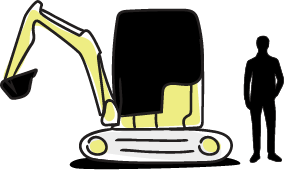
5. Be aware of hazards in your surroundings
Use designated paths only. Pay attention to other road users, especially vehicles reversing.
Place objects only where intended. Keep traffic routes and doors clear. If you notice a hazard, remove it from the area. For example, shaky shelves or objects that could fall. However, don't overestimate yourself. It's better to inform those in charge.
